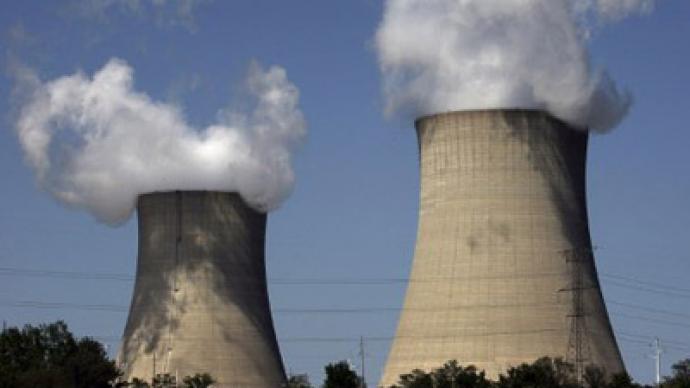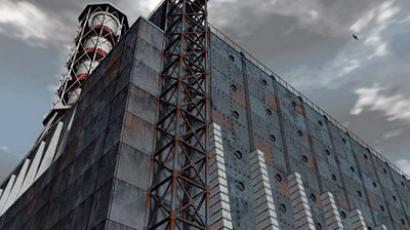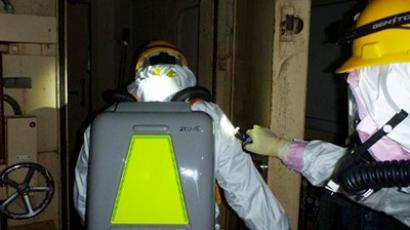Non-nuclear energy failed Fukushima – nuclear energy expert

Events at Fukushima should not be called a nuclear disaster, says John Ritch, Director General of the World Nuclear Association. He explains to RT why he thinks nuclear energy is still one of the safest sources of power – and getting safer.
The history of nuclear energy goes back more than half of a century, to when the first experimental reactors were built in the 1950s. The technology of nuclear energy production is still new. Despite several bumps in its development, including the Chernobyl disaster in Ukraine in 1986 and this year’s accident at Fukushima Daiichi in Japan, enormous changes have taken place in this period of time. “The remarkable thing about this technology is how essentially safe if has been,” said nuclear energy expert John Ritch. “It does not produce emissions into the global atmosphere. And it has only on very rare occasions harmed anyone. In the meantime, we have had millions of fatalities from the extraction of fossil fuels from the surface of the earth and the health consequences of carbon emissions.” The question of waste is one of the most fundamentally misunderstood aspects of nuclear energy, argues Ritch. The expert says that waste is the greatest comparative asset of nuclear power. Coal, natural gas or oil production uses the global public atmosphere as an enormous waste dump at the stage of both burning and transmitting – such as when gas, for instance, leaks from pipes. “Right now we are emitting carbon dioxide at the rate of 30 billion tons per year, which is 800 tons per second, into the planetary atmosphere,” said Ritch. “Nuclear energy is producing a considerable portion of the world’s electricity – one sixth, while producing an amount of radioactive waste that is equivalent to the size of the fuel.” The waste becomes highly radioactive and must be safely stored. The wonder of nuclear energy, continues the expert, is that it can be managed. Nuclear waste can be safely stored in the immediate term, right after it comes out of the reactor, and eventually be put into long term storage containers. The containers are then placed back into the earth in geological depositories that are carefully selected. In the end, it is no ultimate harm either to people, or the environment. Even when we talk of the Fukushima disaster, we must note that the 24,000 people who died as a result of March’s tragic events were killed by the earthquake and tsunami. But the media keeps coming up with the “nuclear disaster” hype, while there has not been a single case of a radiation fatality there, Ritch pointed out. This worse-case nuclear event has inflicted relatively little damage. “The Japanese made a mistake. The fundamental mistake they made was deciding that the worst tsunami they might encounter would come at a certain height. They misjudged. And the result was that they did not have waterproof backup cooling systems,” said Ritch.When the earthquake began, the reactors at Fukushima Daiichi facility shut down and became essentially helpless. But they still needed some external supply of electricity to power cooling systems that would get them down to normal temperatures. “All nuclear power plants require that outside assistance after they shut down,” continued the nuclear energy expert. “The great irony of what happened at Fukushima is that it was the failure of non-nuclear support systems to be available after the shutdown which resulted in the meltdown.”What needs to happen now, concludes Ritch, is that every nuclear regulatory authority in the world has to go back and examine whether all reactors under supervision are protected against worst-case natural catastrophes like floods, tsunamis, earthquakes and plane crashes. These questions are being asked, and might result in some changes that are not necessarily that expensive.














